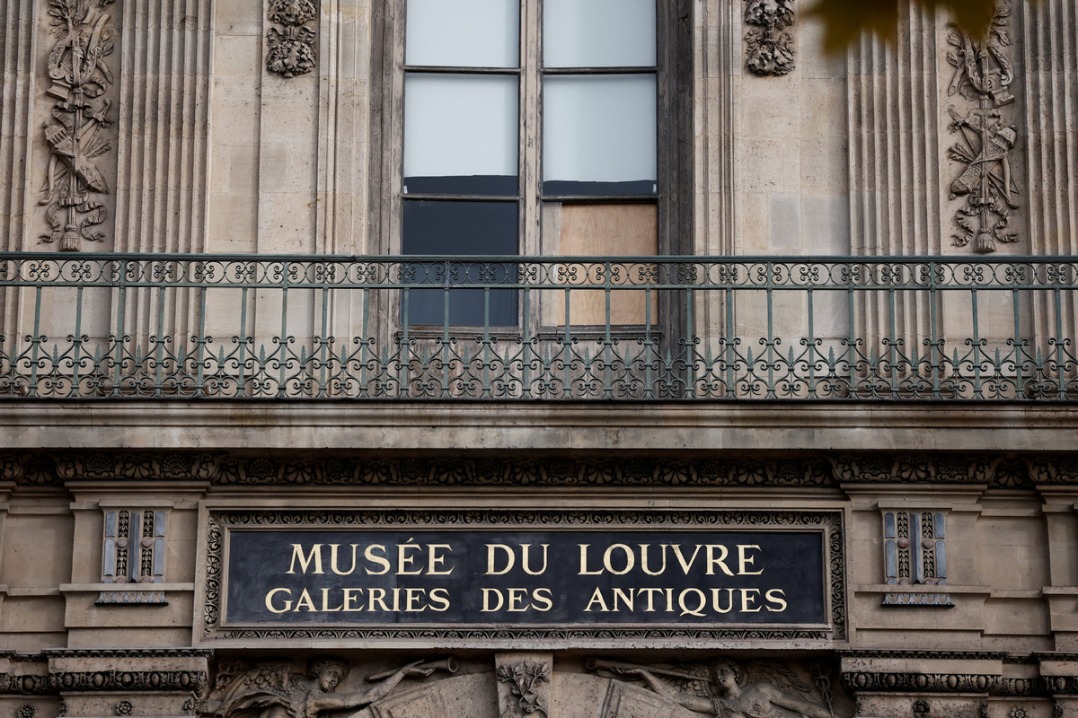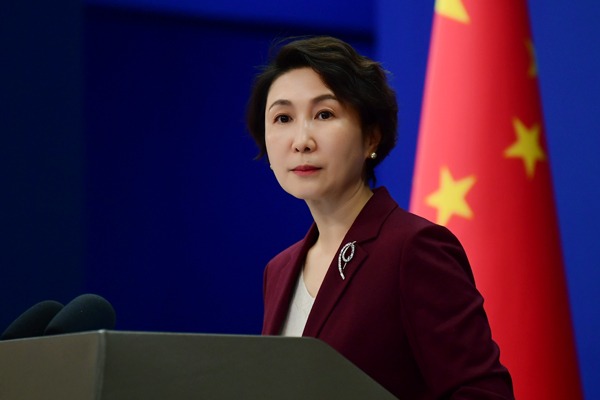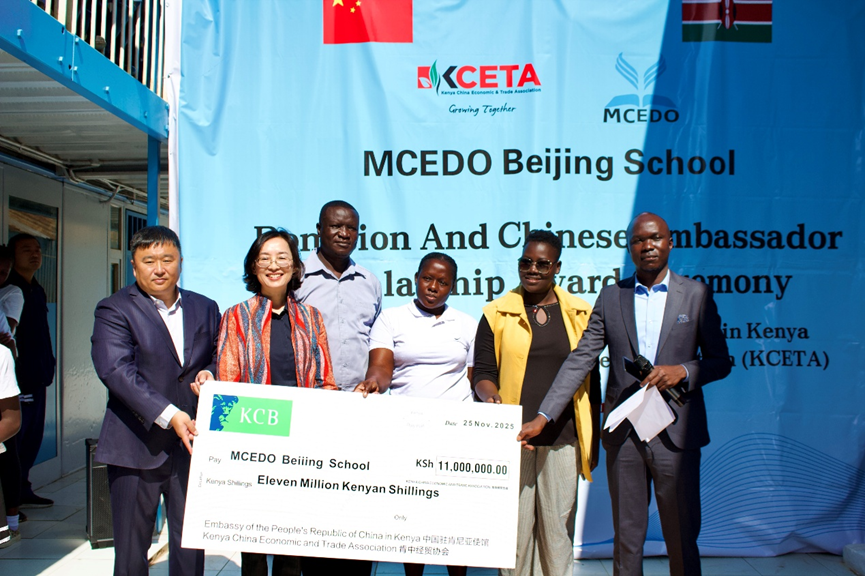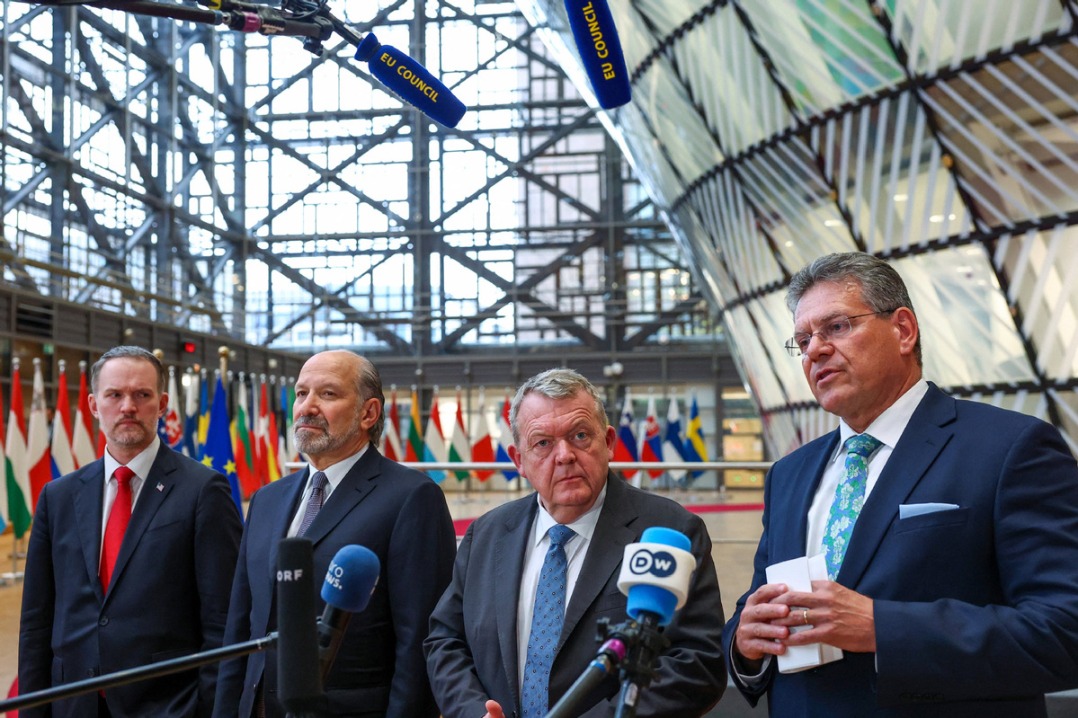False remarks send shock waves to service sectors


Japanese Prime Minister Sanae Takaichi's erroneous remarks on China's Taiwan have sent shock waves through Japan's tourism-dependent service sectors, which could potentially further drag down Japan's economy, experts said.
The Japan Association of Travel Agents, or JATA, told China Daily on Tuesday that several of its member companies, which cater to Chinese tourists, have reported a clear impact, with cancellations mainly affecting educational trips and corporate group tours.
JATA also said that new inquiries, pricing and bookings at its partner travel agencies are currently on hold, and the association will continue to monitor developments closely.
The decline in Chinese travel to Japan has accelerated after several Chinese ministries issued alerts urging citizens to temporarily postpone their trips, which advised citizens to temporarily postpone trips to Japan due to "an increase in crimes targeting Chinese nationals in Japan, as well as extreme and threatening remarks targeting China from Japanese right-wing provocateurs and internet users".
Major Chinese airlines are now offering free refunds and rescheduling options for flights to Japan booked before Dec 31.
Latest data from the online flight tracker DAST showed that as of 10 am on Monday, all flights on 12 China-Japan routes had been canceled. Since Nov 15, more than 540,000 tickets for flights to Japan have been canceled by major airlines, China Central Television reported earlier last week.
Ouyang An, director of the China National Tourist Office in Tokyo, said, "We have seen many individual and group tourists who had planned to visit Japan in the near future change their itineraries, and some business delegations have also put their trips on hold."
The Japan External Trade Organization announced that all 24 of its events in China had been canceled as of Thursday, following tensions in China-Japan relations sparked by Takaichi's false remarks on Taiwan.
Chinese tourists, who account for roughly one-quarter of all foreign visitors to Japan, represent the largest group of visitors, according to the Japan National Tourism Organization.
Risk of stagflation
Yangchoon Kwak, a senior professor at Rikkyo University's College of Economics, noted that the decrease in Chinese tourists to Japan is significantly affecting tourism revenue. Kwak said that in the short term, industries such as tourism, retail, hotels and restaurants are likely to experience immediate declines in sales.
Rising tensions in Japan-China relations could bring additional shocks to the Japanese economy and further increase the risk of stagflation, with particularly notable effects on tourism, trade, and exchange rates, Kwak said.
Kwak warned that if trust in trade and investment with China continues to decline in the medium to long term, it may affect corporate capital investment and export strategies, putting sustained downward pressure on Japan's economic growth.
Chinese tourists were the top spenders among foreign visitors to Japan from July to September, contributing 27.7 percent of the total 2.13 trillion yen ($13.7 billion) spent, according to the Japan Tourism Agency. The agency also said that more than 30 percent of Chinese tourists' travel expenses are spent on shopping. Luxury items such as handbags, jewelry and cosmetics have consistently been popular among visitors to Japanese department stores.
According to Nikkei Asia, a national Japanese financial newspaper, Chinese customers accounted for more than 50 percent of duty-free sales between March and August. Matsuzakaya, a major Japanese department store chain, said that Chinese shoppers accounted for more than 60 percent of its tax-free sales.
The film and performance sectors in Japan also felt the chill.
The releases of at least two popular Japanese films, Cells at Work! and Crayon Shin-chan the Movie: Super Hot! The Spicy Kasukabe Dancers have been postponed in China due to "a prudent decision based on market performance and audience sentiment", according to China Central Television.
Meanwhile, several Japanese performers, including Takashi Takashio, Yoshio Suzuki, Mari Nakamoto and KOKIA, have recently canceled or postponed their China performances.
Chinese Foreign Ministry spokeswoman Mao Ning said in Beijing on Tuesday that recent exchanges and cooperation between China and Japan have been affected because of Takaichi's erroneous remarks regarding China's Taiwan, which gravely hurt the sentiments of the Chinese people and poisoned the atmosphere for exchanges between the two countries.
"Japan needs to redress its wrongdoing at once and stop creating irritations on China-related issues," Mao said.































